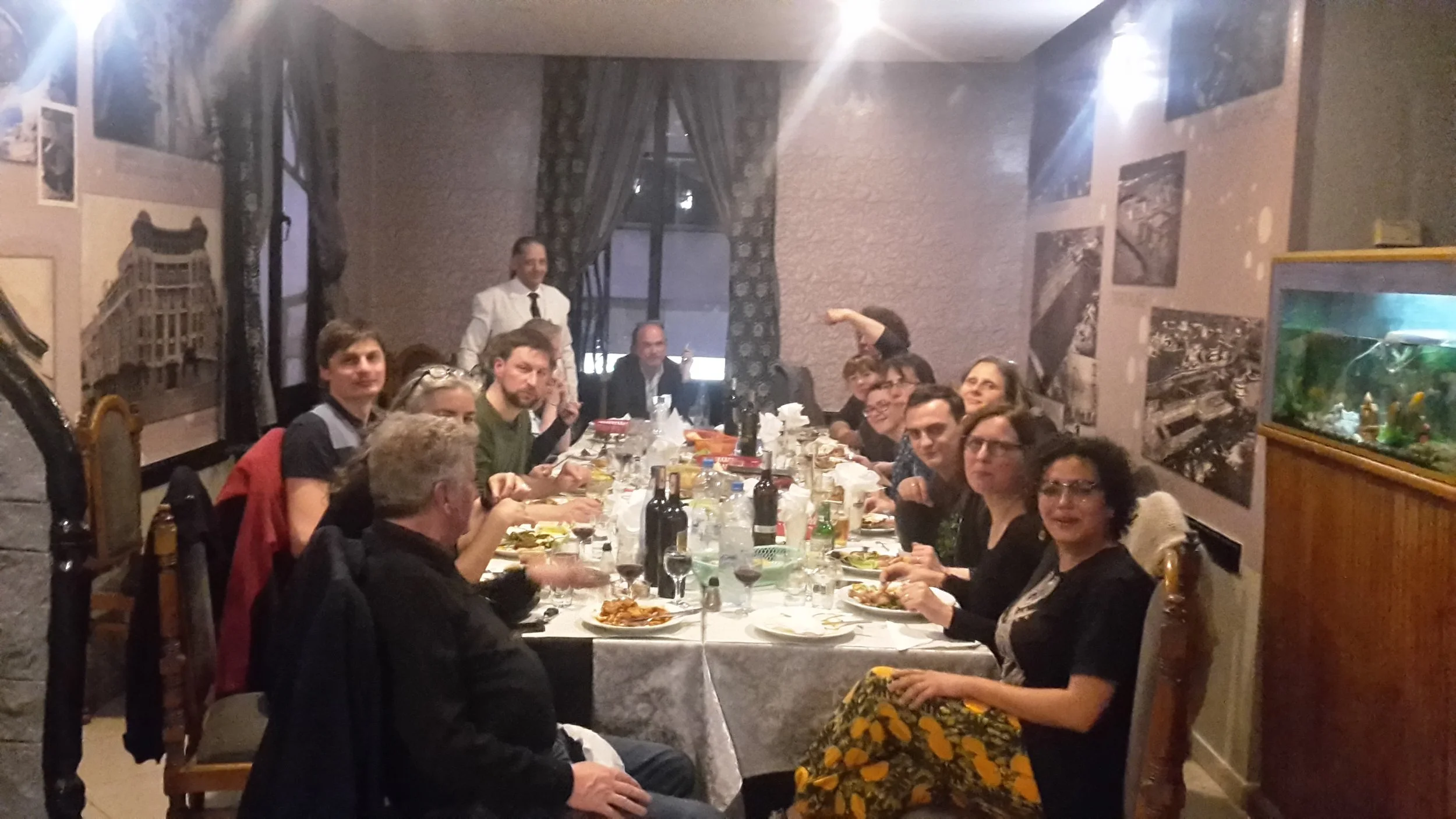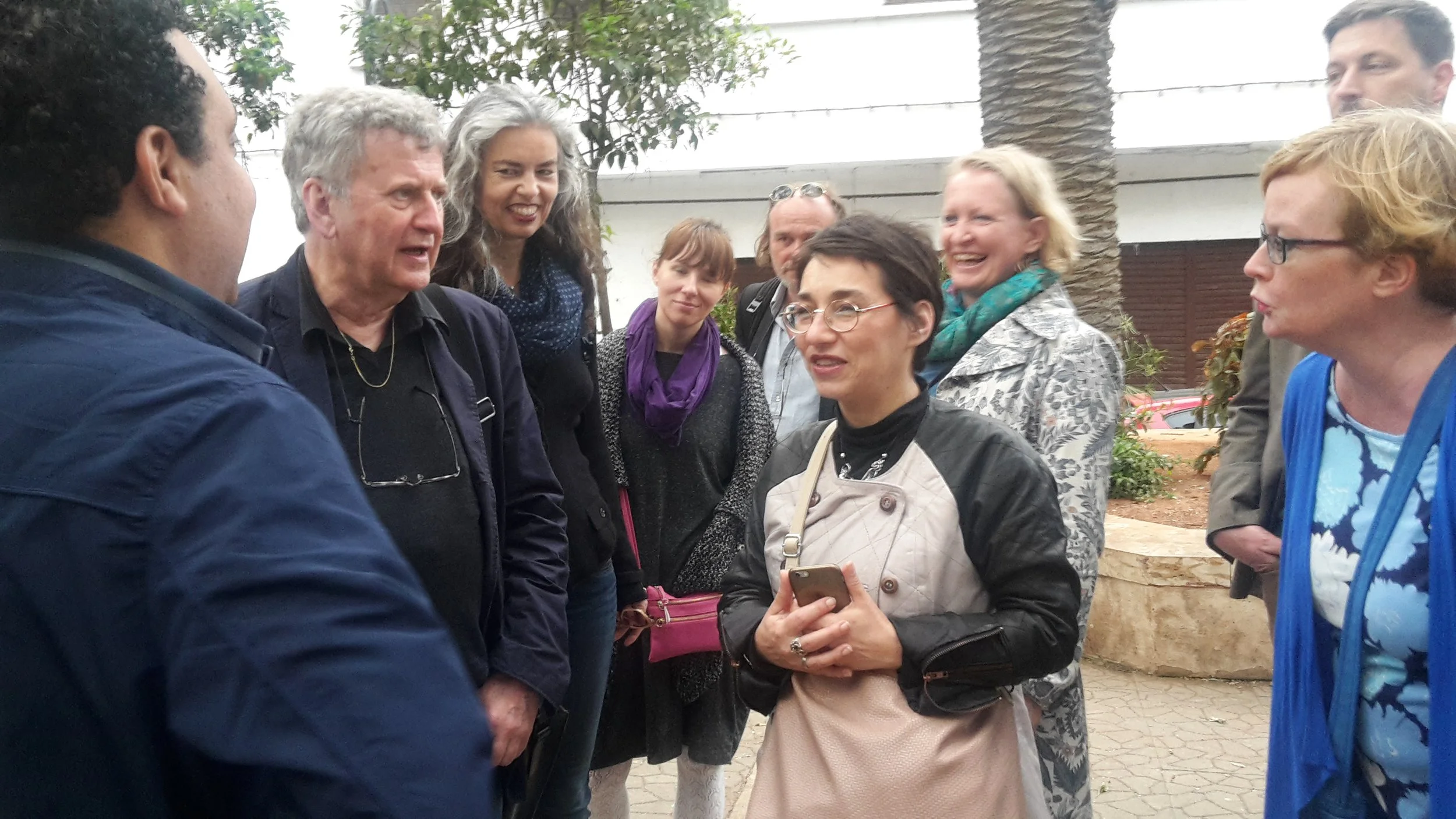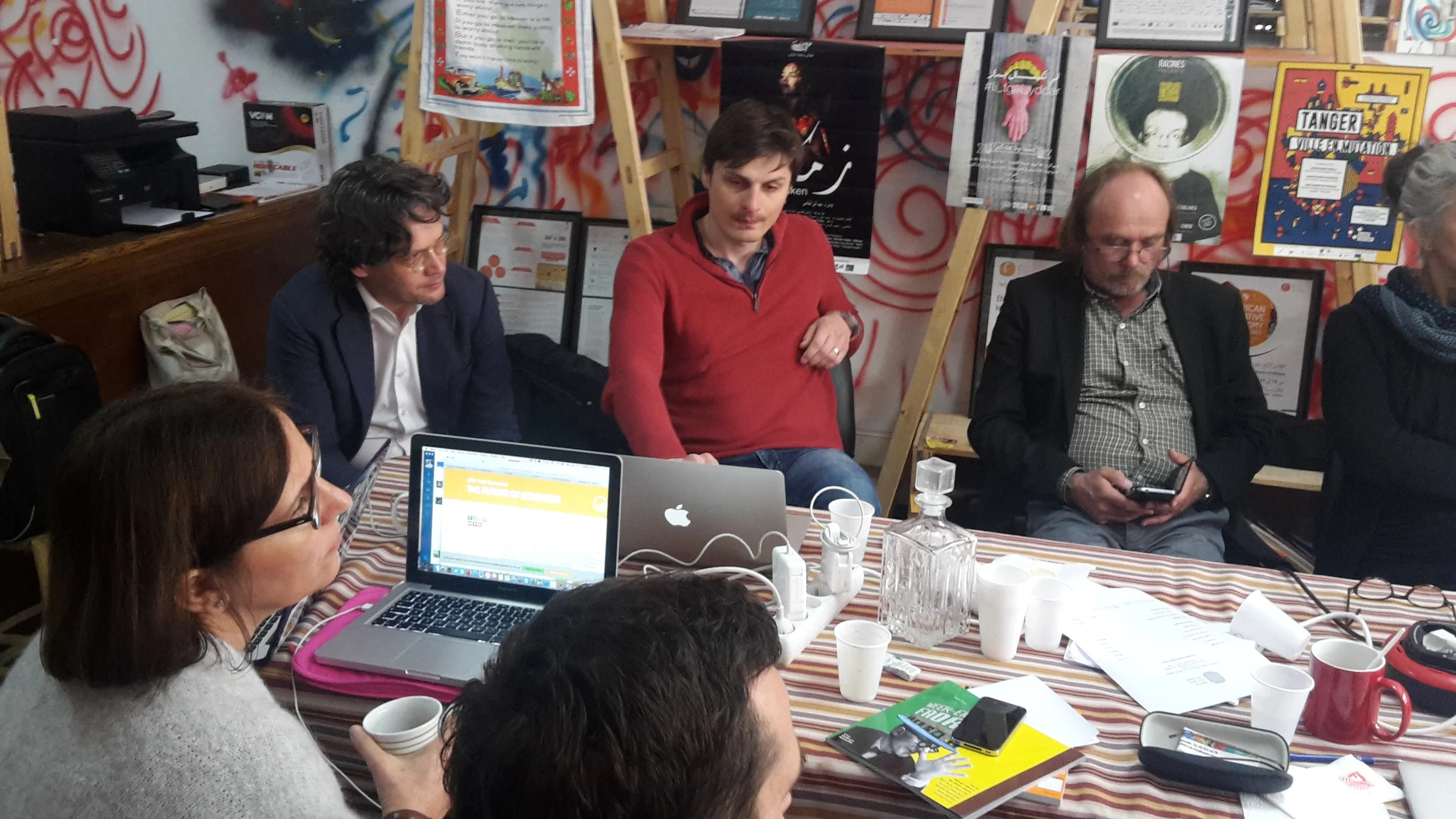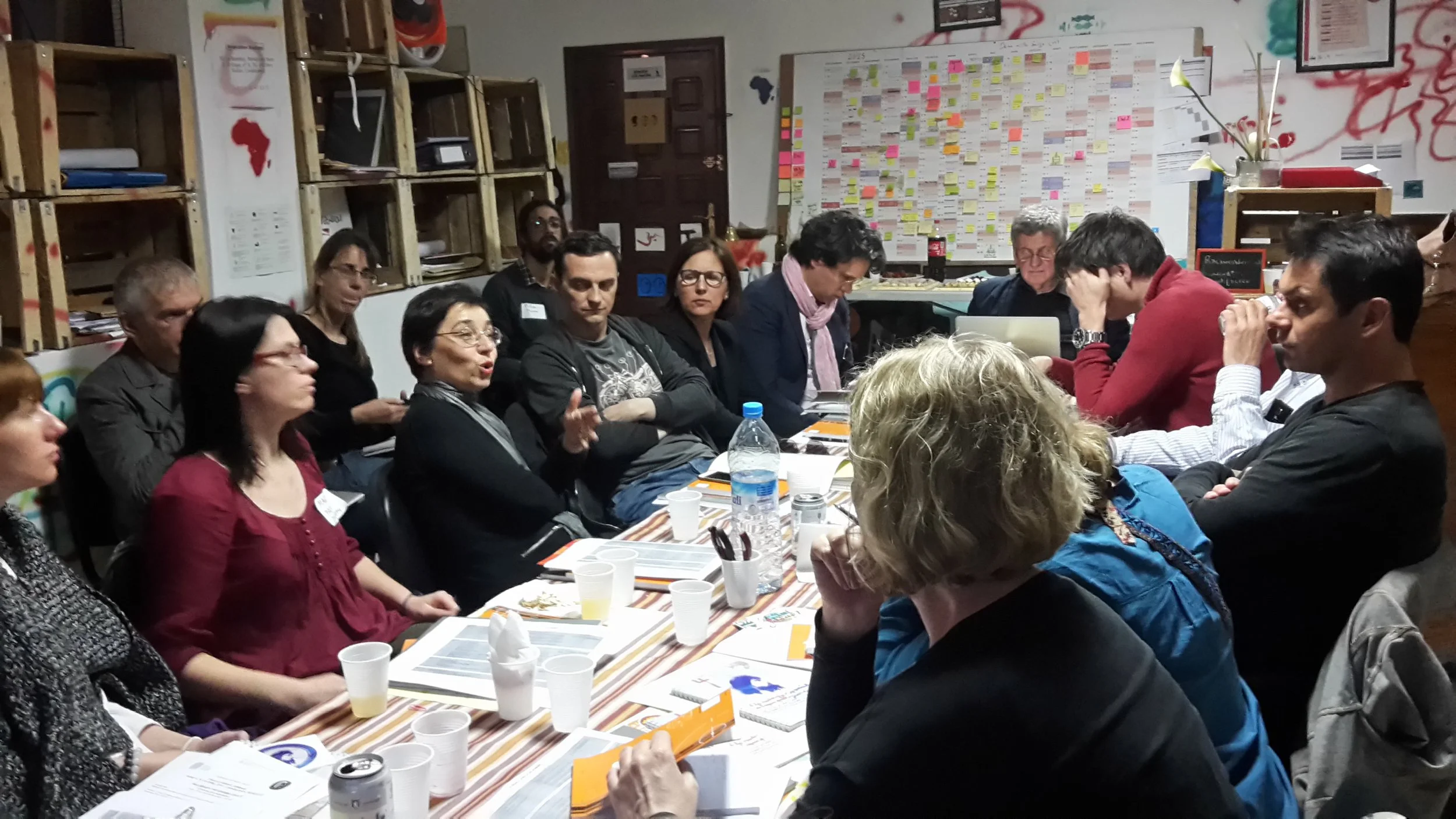18th ORACLE ANNUAL SEMINAR
" Cultures and migrations "
Motto: Cross the Mediterranean...and see!
Concept note
Migration has always been a worldwide issue throughout the ages. It is as old as the humankind.
However, if it was considered before as a challenge, adventure and richness, both for the migrants and for the country they immigrated to, immigrants are now facing difficult times, in a globalized and crisis context.
From Africa to the Middle-East, from Latin America to Asia, passing by Europe, people chose to immigrate for various reasons. Some of them leave their countries for studies or work or family purposes, following an “easy” and clear procedure. Other people, less lucky, are pushed by the hard environment of their homeland: violence, dictatorship, hanger or war. Almost 10,5 million refugees fled their countries in 2012 (http://www.therefugeeproject.org/#/2012).
In both cases, leaving in another country is a daily challenge for migrants. They face several discriminations such as precariousness, poverty, racism, rejection, exclusion and so on, especially the second category of migrants, who are mostly refugees fleeing conflicts, wars or famine in their countries.
Fortunately, immigration is not always a source of disaster and a tragedy. To the contrary, it is also the best way to create diversity and intercultural dialogue. Multicultural societies are strong and rich, thanks to the skills and the diverse traditions of their people. Immigration brings working forces, intelligence, openness, sharing, living together and builds new societies as History can testify.
The actual situation of migrants (Syrians, sub-Saharan, North Africans, Mexicans, Kurds, Iraqi, Palestinians, Eastern Europeans, Balkans, Afghans, Turkish, Spanish, Portuguese...) becomes more and more complicated all over the world. So, we, as cultural managers feel very much preoccupied by this particular issue and would like to open the debate and share the experiences, between actors from the South and the North in this very crucial period of time to explore the various kind of migrations (South-North, East-West, North-South...).
As the seminar is held in Morocco, we think that it is important to discover another face of the migration so it can help us understand the whole issue and create bridges and links between the stories. We would like to explore many questions once in Casablanca:
What is the cultural impact of Moroccan immigrants in the European societies where they chose (or not) to move and settle down? How did this impact evolvefrom generation to generation? How do sub-Saharan migrants (and others) live in Morocco? How do they live their culture and how does it mix with the local one? What are their expectations when they come and what is their reality? How to keep and guaranty cultural rights in a context of massive migrations, mostly motivated by the economic crisis and other conflicts?
To do so, we’re inviting artists who have lived this kind of experiences but also experts (sociologists, anthropologists, civil society organizations…) and who create common projects in arts, between Moroccans and migrants.






